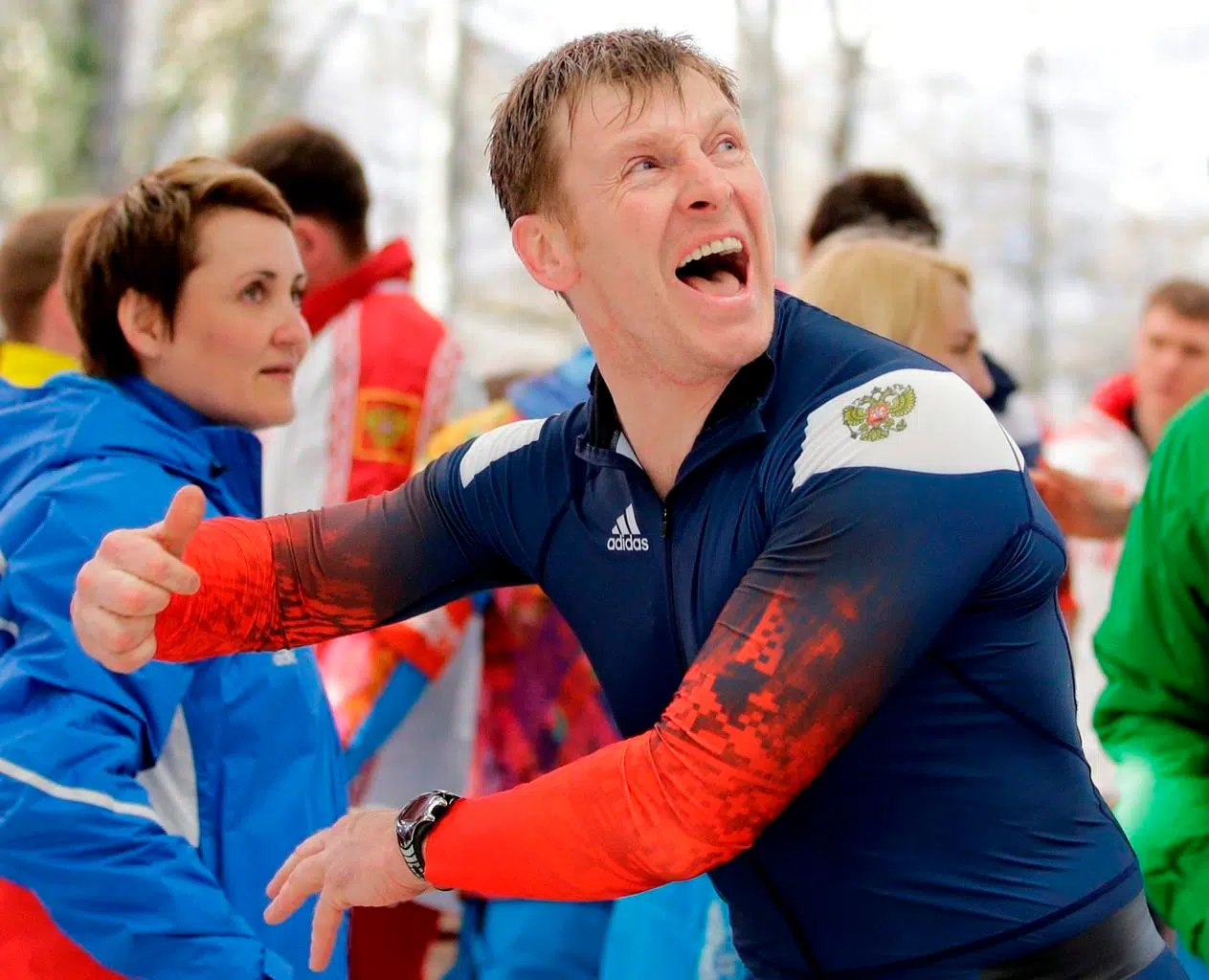
Russian court says bobsledder can keep Olympic titles
MOSCOW — Russian bobsledder Alexander Zubkov won a Moscow court ruling on Friday that could make it harder for the International Olympic Committee to recover his gold medals.
The Russian flagbearer at the 2014 Sochi Olympics was stripped of his two gold medals from those games in 2017 by the IOC for doping. He failed to overturn that disqualification at the Court of Arbitration for Sport last year.
But Moscow’s highest civil court in November upheld Zubkov’s claim that the CAS procedure was unfair and shouldn’t be recognized in Russia. That means Zubkov is legally recognized as an Olympic champion — but only in Russia.
On Friday, the court rejected an IOC-backed appeal from the Russian Olympic Committee, which earlier said letting Zubkov keep his medals could “give rise to doubt that Russia truly observes the main principles of the fight against doping.”


